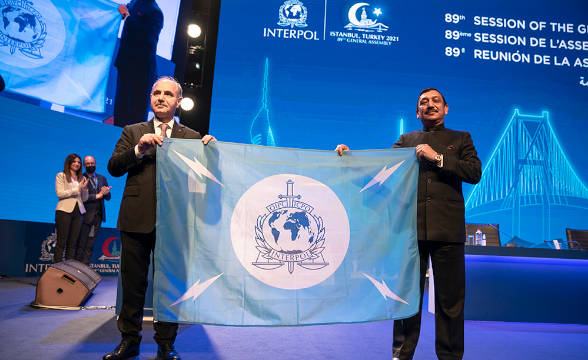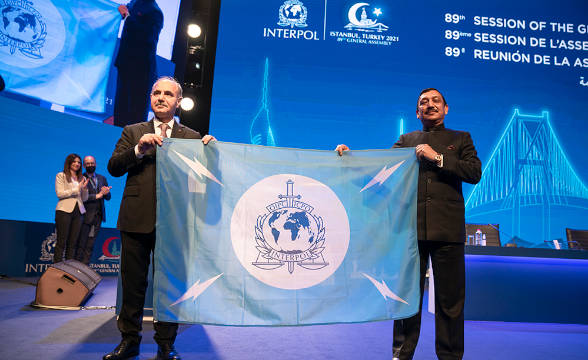Global efforts to tackle manipulation in sports need harmonization was the message aired by INTERPOL following the 12th meeting of its Match-Fixing Task Force (IMFTF) in Abu Dhabi.
Match-Fixing Threatens All Sports
The three-day meeting of the IMFTF, a task force that was created in 2011 to facilitate investigation and law enforcement operations in all sports, gathered representatives from around 50 countries, featuring integrity and intelligence specialists from the spheres of law enforcement, public authorities, sports federations, anti-doping agencies, as well as betting monitoring agencies.
“Corruption is a key enabler to all forms of criminal activity,” said the Director of INTERPOL’s newly-created Financial Crime and Anti-Corruption Centre (IFCACC) Rory Corc 7BALL oran.
The IMFTF meeting was the first major event under the banner of the center providing a coordinated global response to the increase in transnational financial crime and corruption.
“Any sport, amateur or professional, on any continent, can be exploited by criminals. Meetings such as this allow us to take a clear look at the changing face of match-fixing.”
Rory Corcoran, Director, IFCACC
During the meeting, INTERPOL presented its project ETICA providing tools to law enforcement agencies related to the collection of data on corruption in sports, as well as its capabilities for financial crimes analysis under FINCAF.
Participants of the meeting discussed the application of technology, big data and social media as means for criminal organizations to increase their operations in betting and sports as some of the countries represented at the meeting have recently issued INTERPOL Purple Notices, revealing information on criminal operations across social media, identity theft, ghost, and fake matches.
Targeting Athletes, Grooming Young Players
Representatives broadly acknowledged the fact that the main pillar of match-fixers remains the tried and tested method of manipulation applied to athletes and their entourage, as well as grooming young players, stressing the need for further education.
Speakers on behalf of exchanges outlined the need to expand the scope of tools for gathering intelligence outside of betting information, such as the application of doping tests as alerts for integrity investigators as a positive test could signal an attempt to manipulate the outcome of a competition.
The role of intelligence sharing was also discussed in the light of existing institutional and legislative gaps, considering new and improved mechanisms for intelligence sharing, such as the establishment of National Platforms where information on irregular and suspicious betting trends is centralized and analyzed, as outlined in the Malcolm Convention.
Specialist investigators met behind closed doors as part of the meeting to share case studies and exchange information related to match-fixing tactics and approaches, as well as to hold multi and bilateral meetings to coordinate their efforts on active international cases.
A side event held by INTERPOL and the International Olympic Committee (IOC) was aimed at raising the awareness among stakeholders in the United Arab Emirates, looking to build capacity and enhance national prevention mechanism to more effectively detect and tackle manipulation in sports.


